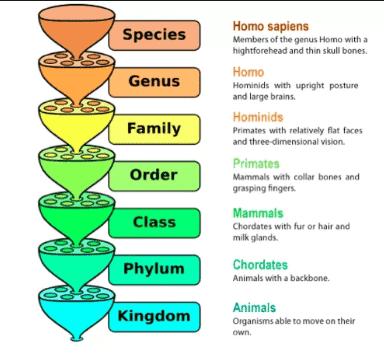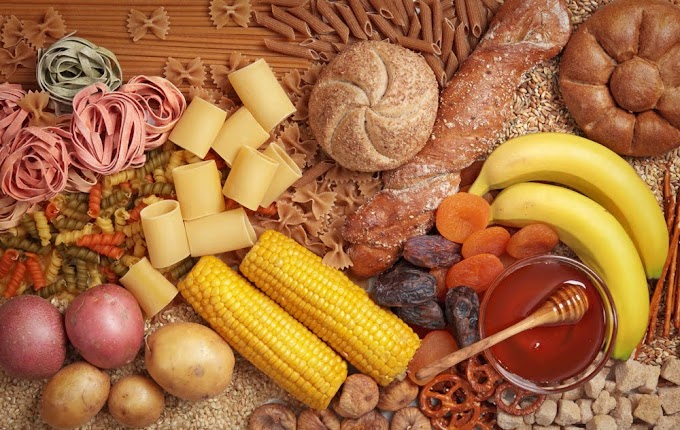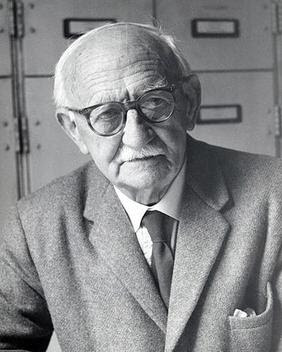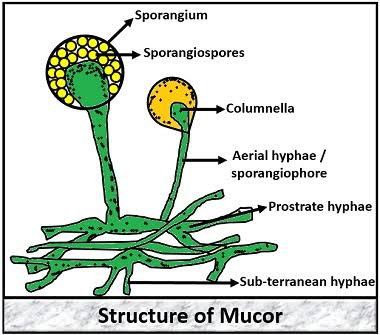TOOLS OF GENETIC ENGINEERING
Here is a list of Genetic engineering or recombinant DNA technology tools / enzymes most commonly used in genetic engineering experiments.
- POLYMERASE CHAIN REACTION (P. C. R).
- GEL ELECTROPHORESIS
- DNA LIGASE
- PLASMIDS
- TRANSFORMATION
POLYMERASE CHAIN REACTION (PCR)
PCR is the technique or process of replicating multiple copies of the genes of interest. The discovery of thermostable DNA polymerase such as Taq polymerise, has made it possible to manipulate DNA replication in the laboratory. It amplifies the quantities of DNA segments. Primers, used to identify the gene of interest and replicate them these copies can then be separated and purified using GEL ELECTROPHORESIS.
RESTRICTION ENZYMES
Restriction enzymes also known as molecular scissor. Enzyme that use to cut DNA segments at a specific side is called Restriction enzymes. These can be separated by using gel electrophoresis or chromatography.
Continue reading >>>
Continue reading >>>
GEL ELECTROPHORESIS
Purifying DNA from a cell culture or cutting it using R.E (Restriction enzymes) would not be of much use if we could not visualize the DNA. GEL ELECTROPHORESIS helps visualize the size and type of DNA extracted using PCR and R. E (Restriction enzymes). It is used to detect DNA inserts and knockouts.

DNA LIGASE
DNA ligase can create covalent bonds between nucleotide chains. This is done to create recombinant strand that has been cut by R.E. The enzymes DNA polymerase first and polynucleotide kinase are also important for filling in gaps or phosphorylating the 5'ends, respectively.
PLASMIDS
Plasmids are small, circular, extra chtomosomal part of DNA that are not part of the bacterial genome, but are capable of self-replication. It is used as a vectors to transport genes between microorganisms. Once the gene of interest has been amplified with PCR the gene and plastic are cut by R.E and ligated together. The resulting combination is known as a recombinant DNA. Bacteriophage (viral) DNA can also be used as a vector,as cosmids which are recombinant plasmids containing bacteriophage genes.



















